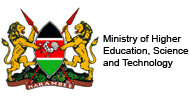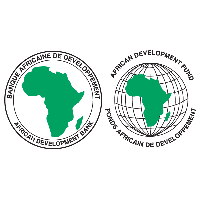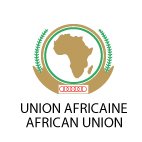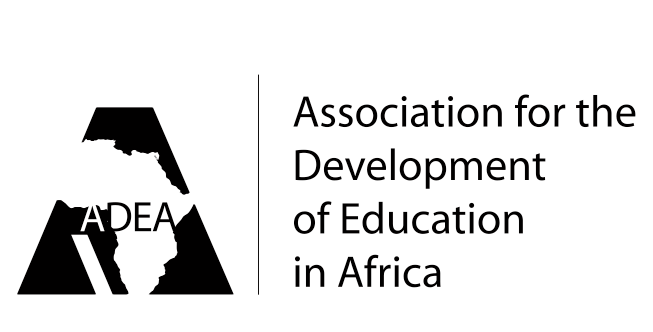Opening of STI Forum stresses links between growth and youth
An urgency to tackle the aspirations of Africa's youth set the tone at the opening of the first African Forum on Science, Technology and Innovation. Professor Margaret Kamar, Kenya's Minister of Higher Education, Science and Technology officially opened the three day, saying it was a “watershed”. She said this was an opportunity to restate the important role of science, technology and innovation in development, including that of the youth. But she added: “Kenya and Africa are full of declarations. We must move to action.”
Other speakers shared this sentiment. Dzingai Mutumbuka, chair of the Association for the Development of Education in Africa (ADEA), said in the last decade there had been at least five Ministerial Conferences on STI with lofty resolutions. “It is my sincere hope that this meeting will not suffer the same fate as its predecessors...[W]e, Africans, need to move away from lofty conference resolutions to implementation, implementation, implementation,” said Mutumbuka.
Mutumbuka also pointed out that 40% of Africa’s working population was made up of youth, but 60% of these were under-employed, unemployed or unemployable due to, in part, a mismatch between education and training systems and the world of work. “None of us should have any illusions that this massive youth unemployment is a time bomb waiting to explode. Idle youths are also fertile ground for renegades like Kony in Uganda,” he said.
Aida Opoku-Mensah, director of ICT and the Science and Technology Division of the United Nations Economic Commission for Africa (UNECA), said Africa's youth were full of ideas and clamoring for economic opportunities. However, the only space they had to express these were on social media networks. The concerns over an “African spring” comes against a backdrop of economic growth in Africa.
Gretchen Kalonji, Assistant Director-General for Natural Sciences at UNESCO, pointed out that Africa had a growing trend for the last 15 years. This demanded another look at its STI systems and the education underpinning them, the speakers told the roughly 150 participants. They include Education Ministers, policy makers, youth and private sector representatives and practitioners from higher education institutions.
Professor Jean-Pierre Ezin, Commissioner for human development, science and technology of the African Union, underscored the importance of the Forum for bringing together partners and contributing to moving forward the African Union’s Consolidated Plan of Action for Science and Technology.






